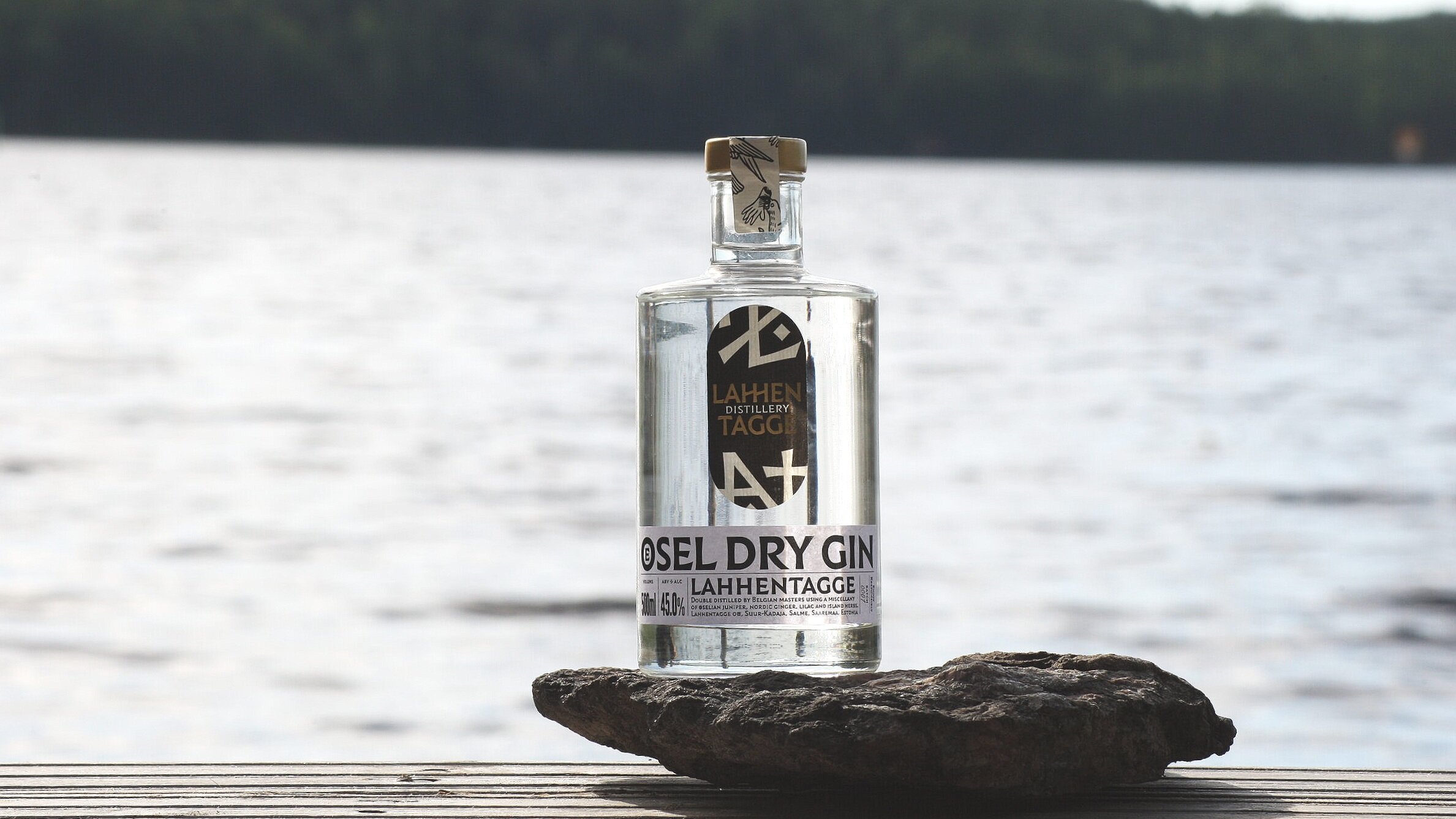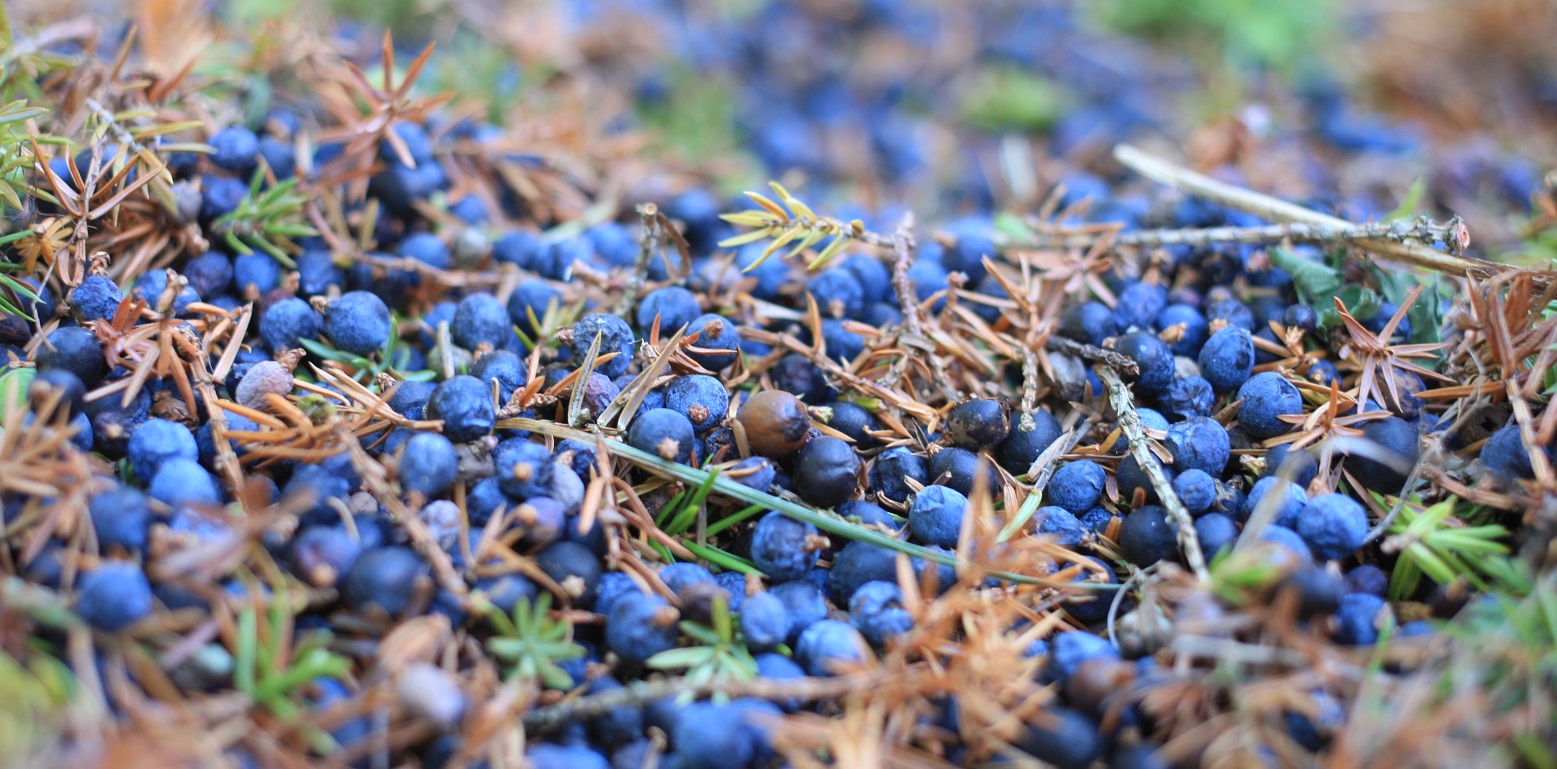Gin and vodka are two of the most popular white spirits around. These clear liquors that form the basis of numerous cocktail drinks share several similarities.
While they share similarities, clear differences between the two drinks also exist. It is important to know the difference, to know which is more suitable for different mixes and cocktails.
What Is Gin?
The origin of gin can be traced back to 17th century Holland, where it was invented as a medicinal drink. Gin is flavoured liquor produced from the re-distillation of a neutral spirit along with juniper berries and other flavouring agents. Juniper berries are the prominent ingredient in every gin while flavouring agents vary from one gin to the other. These agents include botanicals and spices such as lavender, citrus peel, lemongrass, cucumber, rose and black pepper to mention a few. Juniper berries give gin a strong pine taste, while it gets its flavour from whatever agents it is distilled from.
Lahhentagge Gin by Lake in Finland
What Is Vodka?
Vodka is a neutral spirit, usually without a distinct aroma, colour or taste. Vodka is a colourless liquid which originated from Russia, in the 14th century. Vodka is referred from the word Voda (meaning water in Slavic languages). It is generally distilled from grains or potatoes. Other items it can be made from include wheat, corn, rye and grapes. Vodka, being a pure spirit, has a neutral taste, setting it apart from other spirits. It is one of the heaviest drinks in the world with its alcohol content typically at 40%.
Gin and Vodka
Gin and vodka have many similarities and differences. Among the similarities are; they are both clear spirits and that undergo distillations. Another similarity is that they are both good ingredients for cocktails. Some of the differences discussed below:
Taste: Although both drinks are clear and colourless, it is a different case when it comes to the palate. Gin has a distinctive herbal taste, while vodka is generally tasteless and neutral. Vodka is water-based, while gin is distilled with juniper berries and botanicals giving them their distinct flavours.
How It Is Served: For the best experience, vodka should be served chilled. It is vicious when extremely cold, giving it the perfect taste. Gin, on the other hand, can be consumed chilled or when it is not chilled. Its aromatic flavours give it a fantastic taste even when it is not chilled.
Classification: Gin can be classified as flavoured vodka. However, vodka cannot be referred to as a type of gin. Gin can be regarded as a vodka because it can be redistilled from vodka in addition to botanicals and spices.













